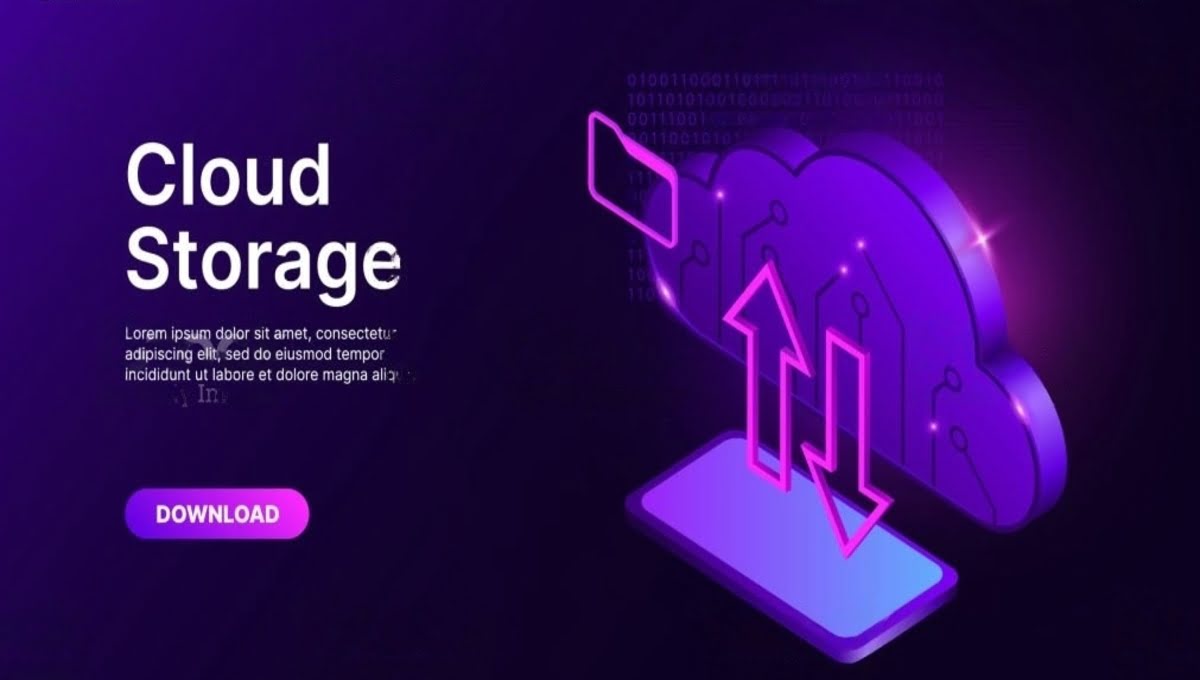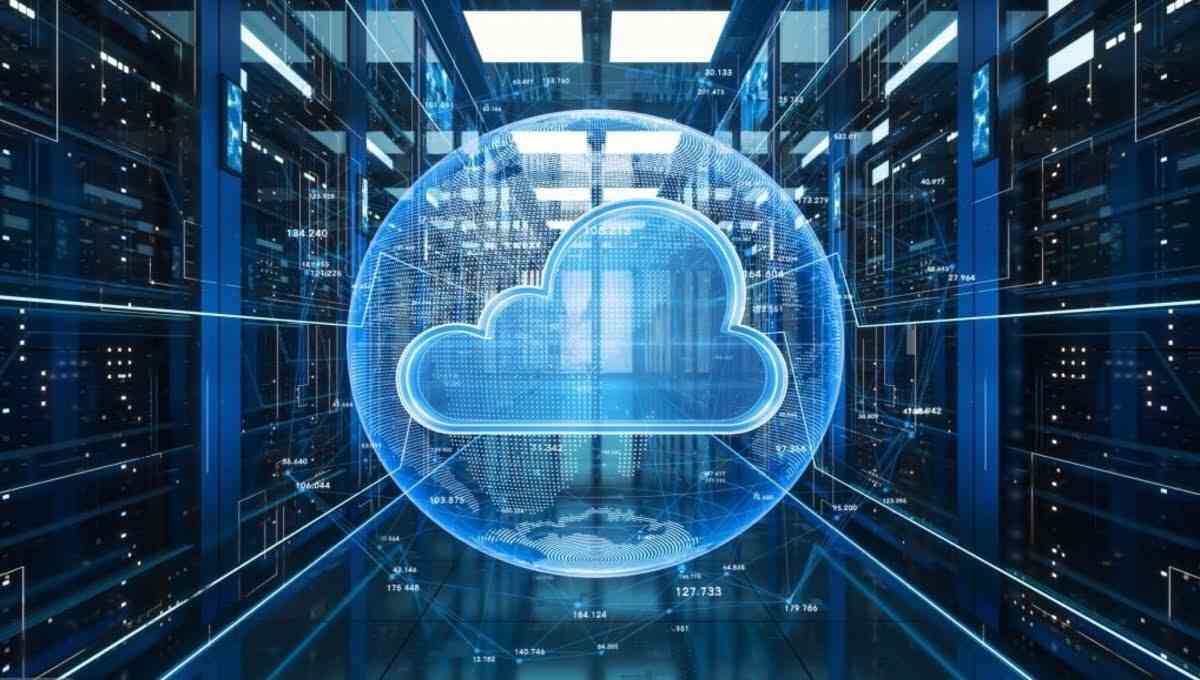CLOUD COMPUTING
How Electronic Data is Stored in Cloud Computing

Cloud computing has revolutionized the way we store, access, and process electronic data. This innovative technology has not only transformed the business landscape but has also become an integral part of our daily lives. In this article, we will delve into the intricacies of how electronic data is stored, accessed, and processed in the realm of cloud computing.
Understanding Cloud Computing
Before we dive into the specifics, let’s grasp the fundamentals of cloud computing. At its core, cloud computing refers to the delivery of various services, including storage, servers, databases, networking, software, and more, over the internet. It offers users the flexibility to access and manage their data and applications without the need for on-premises infrastructure.
The Three Service Models
- Infrastructure as a Service (IaaS) offers users online access to virtualized computer resources. Users may create and manage their IT infrastructure without using real hardware because of its virtual computers, storage, and networking components.
- Platform as a Service (PaaS)PaaS takes one step further by offering a platform that frees developers from having to worry about the underlying infrastructure as they create, deploy, and maintain applications. The time to market is shortened, and the development process is streamlined.
- Software as a Service (SaaS)Through web browsers, SaaS provides fully working software applications via the internet. These applications are handy and effective because users can access them without having to install anything.
Data Storage in the Cloud
One of the key pillars of cloud computing is data storage. Here’s how electronic data is stored in the cloud:
1. Data Centers
Cloud providers operate data centers, which are colossal facilities equipped with servers, storage devices, and networking equipment. These data centers store vast amounts of electronic data securely.
2. Redundancy
To ensure data reliability and availability, cloud providers replicate data across multiple data centers. This redundancy minimizes the risk of data loss due to hardware failures or disasters.
3. Scalability
Cloud storage is highly scalable, allowing users to increase or decrease their storage capacity as needed. This flexibility is particularly beneficial for businesses with fluctuating data storage requirements.
4. Data Encryption
Data stored in the cloud is typically encrypted, ensuring that even if unauthorized access occurs, the data remains confidential and secure.
Accessing Data in the Cloud
Accessing data in the cloud is seamless and convenient, thanks to various access methods:
1. Web Portals
Users can access their data through web portals provided by cloud service providers. These portals offer user-friendly interfaces for data management.
2. APIs (Application Programming Interfaces)
Developers can use APIs to interact with cloud services programmatically. This allows for integration with custom applications and automation of tasks.
3. Mobile Apps
Many cloud providers offer mobile apps, enabling users to access their data from smartphones and tablets, promoting mobility and flexibility.
Data Processing in the Cloud
Beyond storage and access, cloud computing also facilitates data processing.
1. Virtualization
Cloud platforms employ virtualization technology to create virtual machines (VMs). These VMs can run various operating systems and applications simultaneously on a single physical server.
2. Scalability
It is possible to scale up or down cloud resources to meet shifting computational needs. This flexibility guarantees top performance and financial effectiveness.
3. Distributed Computing
Cloud platforms leverage distributed computing to process large datasets efficiently. Tasks are divided among multiple servers, reducing processing time.
Conclusion
Cloud computing has transformed the landscape of data storage, access, and processing. It offers unparalleled scalability, reliability, and accessibility, making it an indispensable technology in today’s digital world. As businesses and individuals continue to rely on cloud solutions, understanding how electronic data is stored, accessed, and processed in the cloud becomes increasingly crucial.
FAQs
1. Is my data safe in the cloud?
Yes, cloud providers employ robust security measures, including encryption and redundancy, to ensure the safety of your data.
2. Can I access my cloud data offline?
Some cloud services offer offline access by syncing data to your device, but it depends on the specific service and settings.
3. How does cloud computing impact businesses?
Cloud computing enhances business agility, reduces IT costs, and enables remote collaboration, leading to improved efficiency and competitiveness.

 FUNDAMENTAL2 months ago
FUNDAMENTAL2 months agoHow Cloud Computing Improving Customer Service Processes

 FUNDAMENTAL7 months ago
FUNDAMENTAL7 months agoWhat is cloud computing? A Comprehensive Guide

 FUNDAMENTAL4 months ago
FUNDAMENTAL4 months agoHow can Cloud Technology Help Small Businesses ?

 FUNDAMENTAL7 months ago
FUNDAMENTAL7 months agoEvolution of Cloud Computing : A Well-Explained

 CLOUD COMPUTING2 months ago
CLOUD COMPUTING2 months agoWhat Is VlAN and VSAN In Cloud Computing?

 FUNDAMENTAL2 months ago
FUNDAMENTAL2 months agoIaaS PaaS and SaaS in cloud computing

 FUNDAMENTAL2 months ago
FUNDAMENTAL2 months agoWhich is a fundamental attribute of cloud computing?

 CLOUD COMPUTING2 months ago
CLOUD COMPUTING2 months agoHow to Make Your Own Cloud Storage : A Step-by-Step Guide














